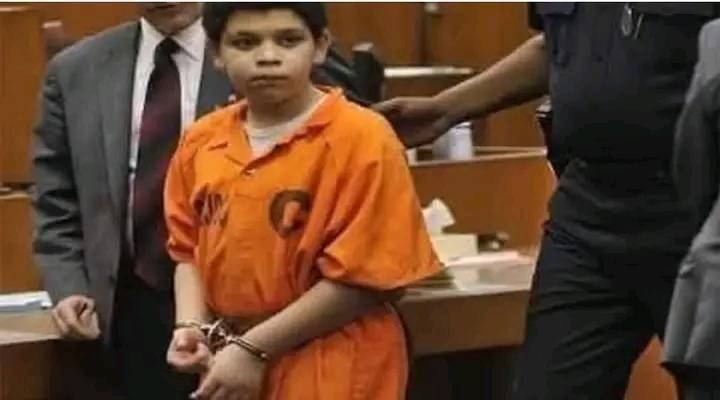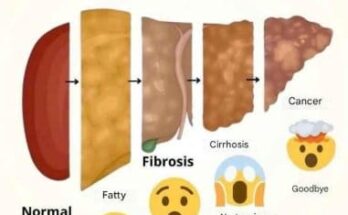
In the United States, there are at least 79 minors under the age of 14 who are serving life sentences without the possibility of parole—this grim reality has provoked both national and international outrage. Organizations advocating for human rights, such as Human Rights Watch and the Equal Justice Initiative, contend that these sentences breach fundamental principles of justice and the rights of children, particularly since the majority of these minors hail from backgrounds characterized by poverty, abuse, and systemic inequality.
A prominent case is that of Lionel Tate, who was sentenced at the age of 12 for the death of a younger child during a play incident. Although his sentence was ultimately reduced, it sparked intense debate regarding the prosecution of minors as adults.
Experts contend that children have not yet reached full emotional or moral development, and therefore deserve the opportunity to grow, evolve, and be rehabilitated.
In spite of significant U.S. Supreme Court decisions in 2012 and 2016 that prohibited mandatory life sentences for juveniles and mandated retroactive application, numerous cases still await review.
While certain states persist in enforcing severe penalties, advocates are advocating for alternatives such as restorative justice and regular sentence evaluations. As civil rights attorney Bryan Stevenson articulates, “When we condemn a child to die in prison, we’re denying the very possibility of change.”


